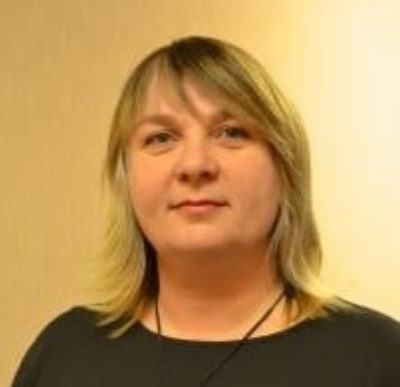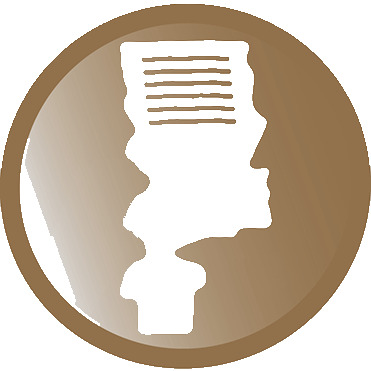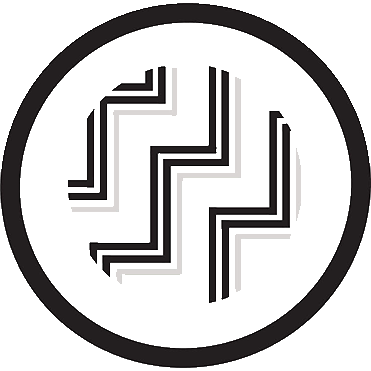
Dawn Lawrence
As tangata tiriti, I have a responsibility to contribute to the vision of partnership given voice within Te Tiriti o Waitangi. As an educator, I am committed to social justice, equity and mana ōrite relationships. This sits at the heart of my work as a professional learning and development facilitator within ECE, primary and secondary education settings.
My approach to professional development is one in which I recognise the primacy of relationships and the potential to enact transformative change when collective aspirations are given life through collective action. I work in ways with educators and communities that positions diversity as strength and understands learning as a life-long, iterative process of ‘becoming’ not a predetermined destination.
 Te Tiriti o Waitangi
Te Tiriti o Waitangi
It is important to understand the events leading up to the signing of Te Tiriti o Waitangi including the histories of both signatories prior to first contact. This positions the two different documents, Te Tiriti o Waitangi and the Treaty of Waitangi, within context and supports greater understanding of colonisation and its legacy.
Within my work, I create learning contexts for people to engage with the multiple stories that surround Te Titiri o Waitangi, to consider the implications of the expressed intention of tangata whenua to maintain tino rangatiratanga, and the implications for tangata tiriti in realising the vision of mana ōrite relationships.
Through understanding the historical, social and cultural contexts educators and leaders are able to bring new perspectives to critique current systems, structures and practices and re-imagine how they can honour the Te Tirirti o Waitangi in ways that move beyond tokenism.
 Kaupapa Māori
Kaupapa Māori
To engage in Te Tiriti o Waitangi honouring transformative change we must collectively work to resist the dominance of Pākehā cultural norms in our education system, support and contribute to the reclamation of Māori histories and knowledge and the revitalisation of te reo me ono tikanga Māori.
As tauiwi, I am manuhiri in a Kaupapa Māori context, with all the responsibility this brings and I take this positionality into my work as a facilitator. I work to create dialogic learning opportunities that legitimate and value the prior knowledge and experiences of all participants within contexts that are culturally appropriate and responsive to context, purpose and people.
This also extends into my work with classroom teachers to develop responsive, relational and critical pedagogical practices that understand that identity, language and culture are crucial for all learners, particularly those who have been traditionally marginalised.
 Critical Consciousness
Critical Consciousness
Critical consciousness is a component of conscientisation and, when positioned alongside Kaupapa Māori and Te Tiriti o Waitangi honouring aspirations, has the potential to contribute to the de-colonisation and indigenisation of our current education system.
What is key in this work is the understanding that you cannot make someone critically conscious or even tell them how to be so, you can only create opportunities for them to experience and step into this way of being. As such, I create contexts for learning in which people are challenged and supported to surface and explore their taken-for-granted cultural norms and the impact on their espoused and actual practices through a dialogic, problem-posing approach.
This extends to my work in support of pedagogical approaches and local curriculum, through working with teachers and leaders to implement learning opportunities for students that develop critically consciousness thinking through engagement with community and social justice. I am also engaged in doctoral level study focused on PLD facilitator practice, conscientisation and transformative praxis.
 Whakawhāiti (inclusion)
Whakawhāiti (inclusion)
Inclusion requires systems, structures, policies and practices to adapt to the needs and aspirations of the people they serve, and create spaces and places in which all groups and individuals feel safe, respected, visible, accepted and a sense of belonging.
Relationships sit at the core of my facilitation practice, such that I take time to find ways in which to value and acknowledge the diversity of experiences, abilities, language, and perspectives that each of my learners bring, and modelling how they may do the same within their own contexts.
I work to support people to challenge the discourse of sameness within the notion of equality and to position themselves within an equity-minded praxis. I also work to support teachers, school leaders and support staff to demonstrate care and high expectations of all children and young people through potential focused and relational pedagogical policies and practices.
Referees
Julian Cosgrove, Deputy Principal Kelston Boys High School, j.cosgrove@kbhs.school.nz
Richard Crawford, Principal, Fairfield College, CrawfordR@faircol.school.nz